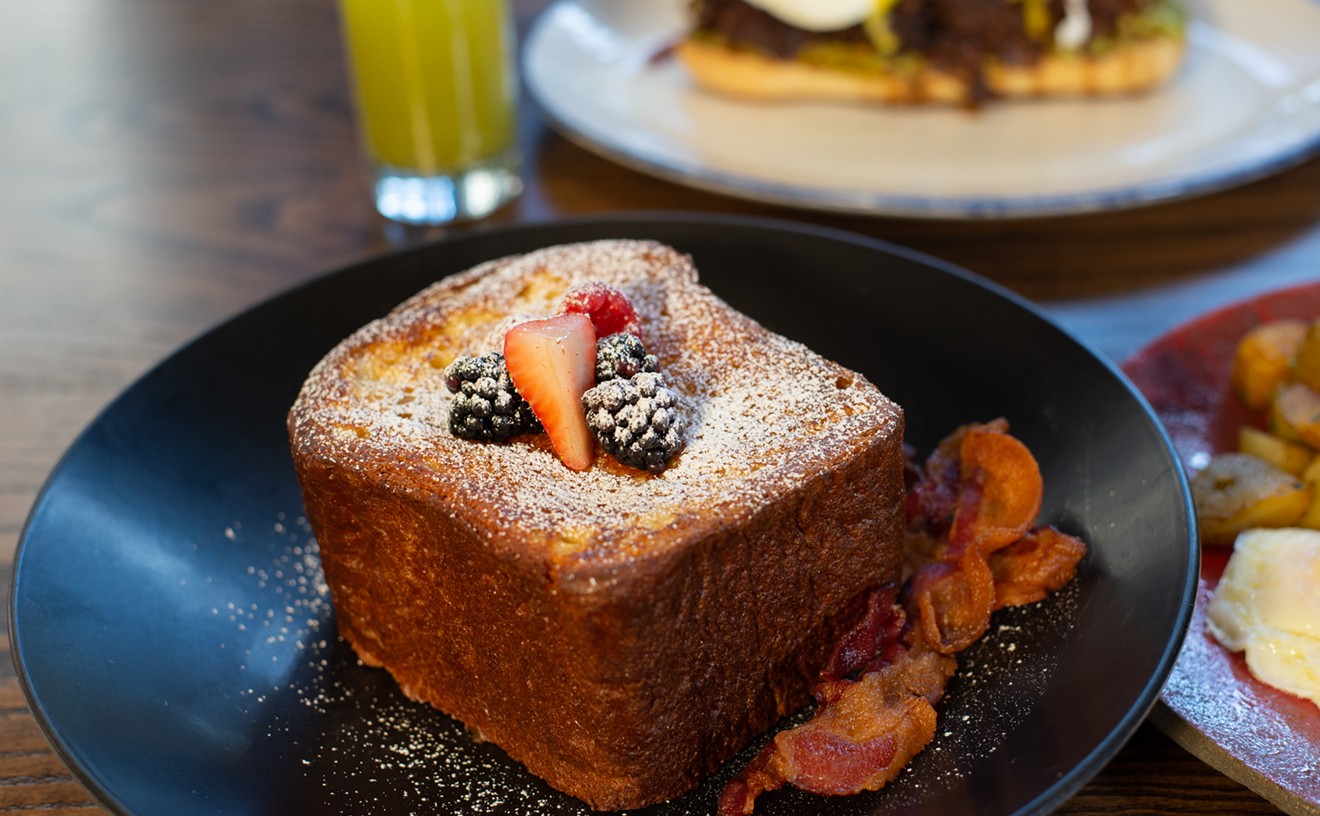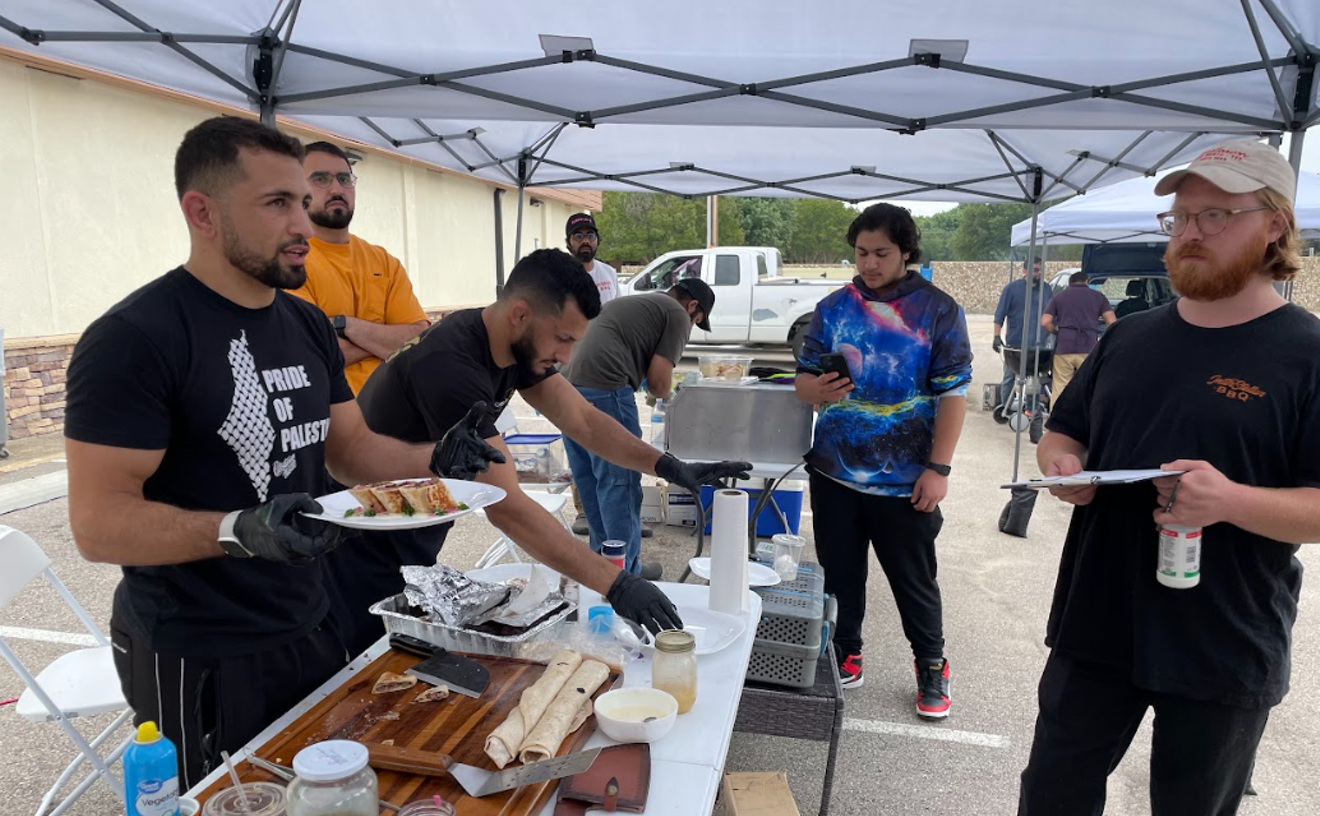In July the SPCA of Texas rescued over 180 fowl of various species from a Hunt County property north of Terrell, Texas. According to a statement, the animals were not being provided adequate food, water and shelter.
Since that time the SPCA has cared for these animals. While they consistently have chickens available, right now they have an influx that are healthy and ready for adoption.
If you've been hankering for a backyard chicken coop, this may be your opening. The fowl can be adopted for $10 each. The price is negotiable if you're adopting multiple chickens.The SPCA has some good information available if you're considering getting in the bird business. Contact the McKinney shelter directly at 214-742-SPCA (7722).
First and foremost, make sure the city you live in allows chickens.
Dallas allows chickens but not roosters. And, according the Chapter 7 of the Dallas city code, animal enclosures must be 20 feet away from an adjacent property line.
Other points from an SPCA urban chicken checklist that they sent me but isn't available on line (I'll hit the highlights):
• Adopters should be aware of all laws and ordinances pertaining to birds. Know any restrictions the city may have, including, but not limited to: number of birds, distance from the property line, and restrictions on other pets. Keep in mind that keeping poultry in a city is a privilege, and be respectful of neighbors.
• Birds of different ages and function have specific nutrient requirements. Formulating and mixing poultry feed is a complex process that ensures a diet contains all of the nutrients required by the bird. A veterinarian is the best resource for determining what to feed.
• Chickens need regular health care, too. Vaccination is one of the more effective ways to prevent specific diseases. Some diseases that chickens are susceptible to that they can be vaccinated to prevent are: Marek's Disease, Newcastle Disease, Infectious Bronchitis, Laryngotracheitis, Fowl Pox, Avian Encephalomyelitis, Infectious Bursal, and Hemorrhagic enteritis.
• Housing should provide protection from all kinds of weather, predators, injury, and theft. Consider the location of your poultry house on your property. Locate the building in a well-drained area, with access to water and electricity. The house should be tight, well ventilated and insulated. It is important to provide adjustable ventilation for adequate air movement in cold and hot weather. Use a (½-inch) mesh hardware cloth over windows to keep out wild birds, rodents and varmints. Birds need adequate space for movement.
• Remember that birds are pets, not livestock, and should be treated the same as any other pet.
• Some breeds can lay approximately 200 eggs per year per hen. A rooster is not needed for the hen to produce eggs. Typically, chicken breeds with white ear lobes lay white eggs and chickens with red ear lobes lay brown eggs.











